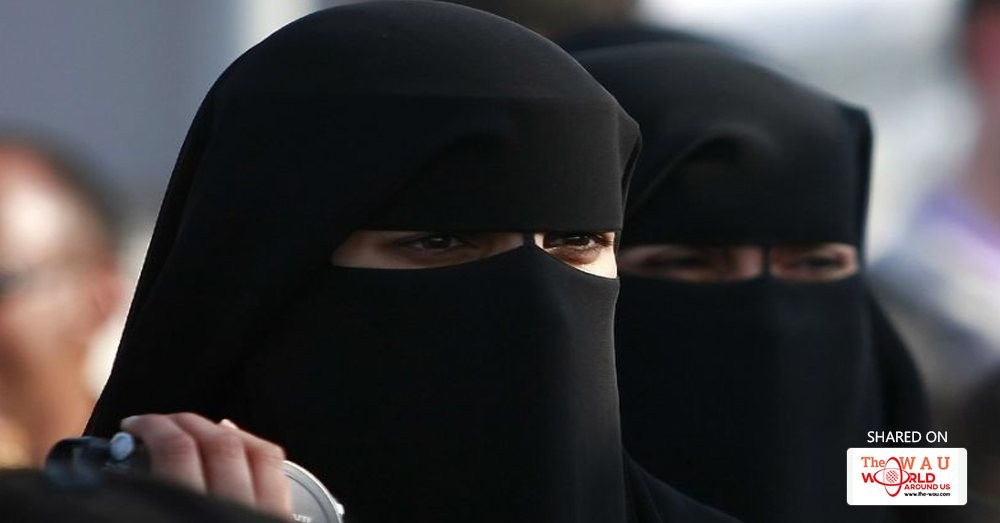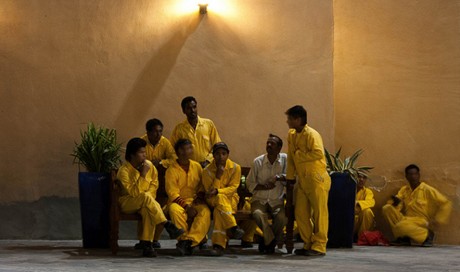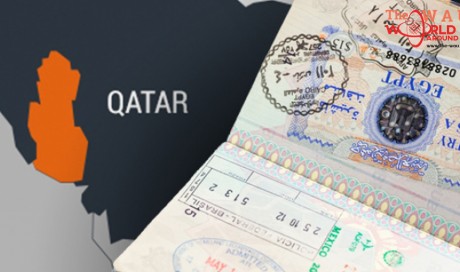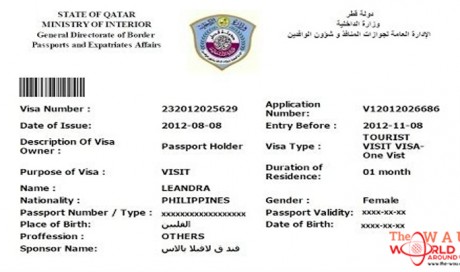According to a latest study undertaken by At Kearney, 51% of women in Qatar are employed, making Qatar the GCC country with highest rate of women in work. According to UNESCO, Qatar only has 0.6% gender difference in terms of literacy as of 2015. Qatar’s labour law similarly has taken measures to safeguard the rights of female workers. An entire section of the current labour law is dedicated to employment of women. Here is how the current labour law protects the rights of female employees in Qatar’s workplaces:
Article (93)
A working woman shall be paid a wage equivalent to the wage payable to a man if she performs the same work and shall be availed of the same opportunities of training and promotion.
Article (94)
Women shall not be employed in dangerous arduous works, works detrimental to their health, morals or other works to be specified by a Decision of the Minister.
Article (95)
Women shall not be employed otherwise than in the times to be specified by a Decision of the Minister.
Article (96)
A female worker who has been employed by an employer for a complete year shall be entitled to maternity leave with full pay for a period of fifty days. Such maternity leave shall include the period before and after the delivery provided that the period following the delivery shall not be less than thirty five days.
This leave shall be granted subject to a medical certificate issued by a licensed physician stating the probable date of delivery.
If the remaining period of the leave after delivery is less than thirty days the female worker may be granted a complementary leave from her annual leave. Otherwise the complementary period shall be deemed to be a leave without pay.
If the medical condition of the female worker prevents her from resuming her work after expiry of her leave referred to in the preceding paragraphs the female worker shall be deemed to be on leave without pay provided that the period of her absence from works shall not exceed sixty consecutive or interrupted days and provided that a medical certificate of her medical condition shall be produced from a licensed physician.
The obtaining by the female worker of the delivery leave shall not prejudice her entitlement to her other leave.
Article (97)
The nursing female worker shall be entitled in addition to her entitlement to the rest interval provided for in Article (73) of this law during the year following the year of delivery to a nursing interval which shall not be less than one hour per day. The fixing of the nursing times shall be made by the female worker.
The nursing interval shall be calculated as part of the working hours and shall not result in a deduction of wage.
Article (98)
The employer may not terminate the service contract of a female worker due to her marriage or obtaining the leave provided for in Article (96) of this Law.
The employer may not notify of the termination of her service contract during this leave and may not send her a notification which expires during the said leave.
Qatar’s Labour Law is continuously evolving and embracing universally accepted practices, in future the safeguards offered to women in workplaces are only expected to become more thorough and beneficial for women.
Way to go Qatar!
Share This Post












